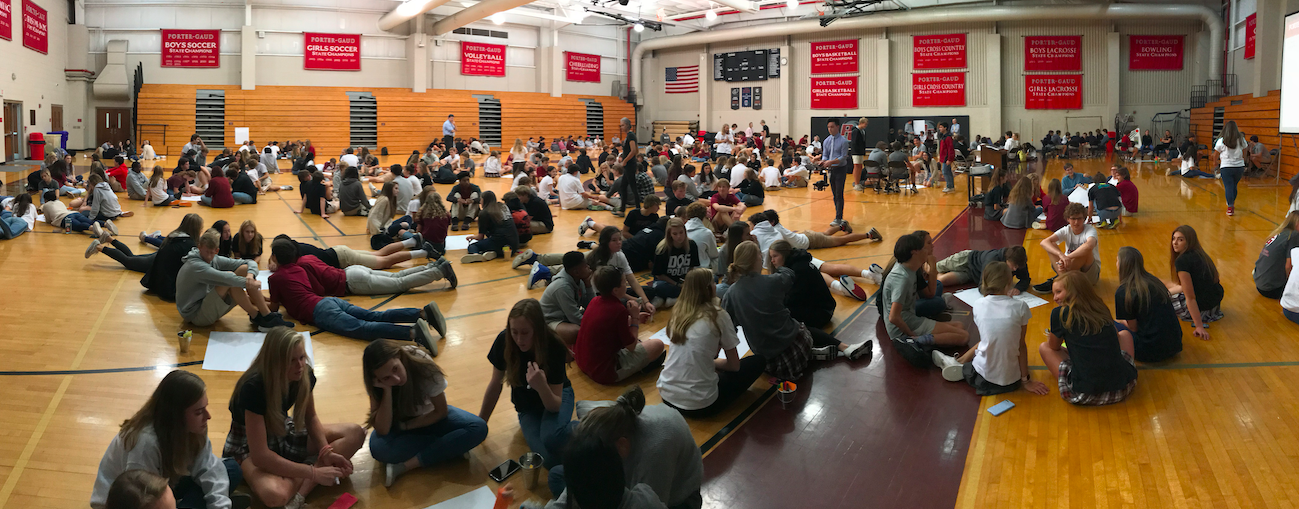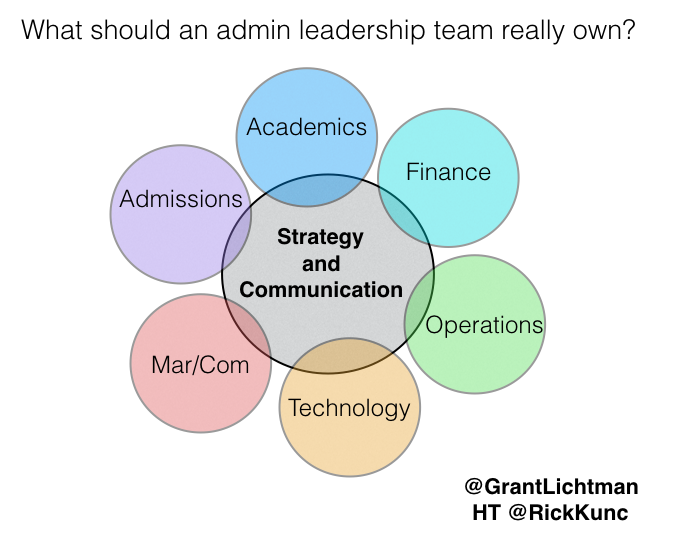Yesterday I reflected on the wisdom of four panelists at The Martin Institute, summer conference: John Hunter, Sandy Dawes, Bo Adams, and Clif Mims, as they described their vision of our learning future. Toward the end of their discussion they spoke of overcoming the need to assess in traditional ways, to “bend the knee” to the status quo. From each I got a strong sense of fearlessness, of courage to take on challenges from which others have shied away. This is the courage that will gain the future.
Perhaps it was not by coincidence that another great educator in the audience heard the same challenge to courage. Jamie Field Baker, Director of Strategic Initiatives for The Martin Institute wrote today in her blog:
“To challenge the status quo, the leader must have courage and conviction. Saying that there is work, change, and growth needed means that you have disturbed the comfortable, predictable, cozy, habitual reality that people have worked hard to create and are attached to for many reasons. What this inevitably means is that those who prefer comfort, predictability, habitual and known must be given the choice to follow with conviction and diligence, or leave. This always takes the courage of conviction.”
Over the years I have started every session of The Falconer with the question that lays at the foundation of why any of us bother to take on a challenge. I have asked hundreds of students and adults to share with us that one person, real or fictional, who they revere, a true hero, and what it is about that person that they so respect. The symbols of whom we strive to be always come down to these: courage, empathy, kindness, joy, creativity, initiative, wisdom, selflessness. Not one of these hundreds has EVER declared a hero due to wealth, fame, political success, or knowledge of subject matter
We revere those who have the courage to take on long odds; we want to be like them. We want to make our mark alongside those others who have stood up to inertia, who did not choose the easier path when they knew it was the wrong path. We want to model the willingness to take a risk even if there is no guarantee that, in the end, it will all come out right.
Education is at a tipping point where those with courage will lead, despite the certainty that an enormous, powerful, entrenched machine of tradition will not make it easy. This is not because the traditional methods are bad or evil; it is merely that inertia is in the nature of systems; change is hard; the status quo is easier. It is comforting, and enriching to listen to courageous leaders like those who spoke last week in Memphis, at other conferences around the country, and in the TED talks that we love to post and watch. Those folks inspire us and we walk out feeling good about the possible. But the possible never becomes the PROBABLE unless we put this newfound optimism into action. In this way we are all leaders, if we choose to lead. It is not up to the principal or board chair or head; it is up to each of us.
How do I know this to be true? Ask one simple question: if we had 100,000 John Hunters teaching in America today, would education be a vastly better system? Case closed. We have the potential; now let’s just do it. It won’t be easy or safe, but we might be someone else’s heroes.





Thanks for sharing these thoughs Grant! The courage to step out of the mainstream and suggest a new way of thinking is an act of courage.
Bob
Thanks, Bob. Hopefully others will show that courage that you and others are modeling!
I commend the participants at #MICon12. It seemed that each of them is seeking and embracing innovation in their classrooms. Almost daily I see examples through social media of other educators boldly serving as change agents both locally and beyond. I agree, Grant; the tipping point is nearing. Will we be ready?
Some will!